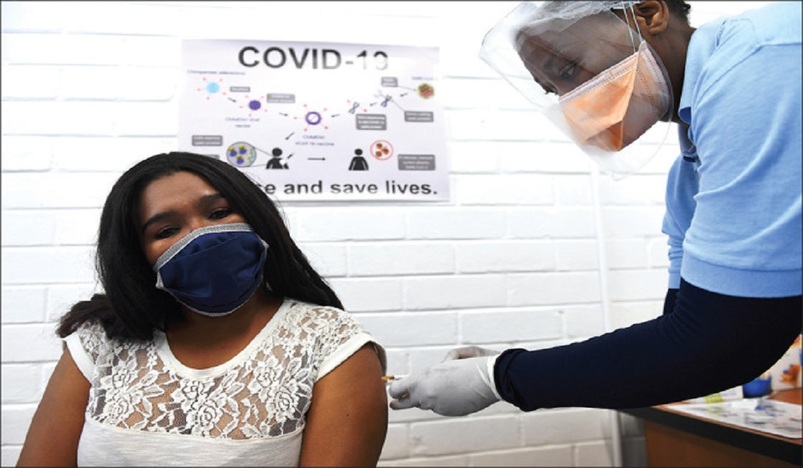
Vaccine
The coronavirus threat is global. So is the remedy.
It is only natural that the American government and the American people have focused on getting coronavirus vaccines to as many residents as possible, with the most vulnerable first in line. But as the pace of domestic vaccination accelerates, two facts are worth bearing in mind.
One is that the pandemic will not be vanquished anywhere until it is vanquished everywhere. Several known coronavirus variants are making their way around the world, and epidemiologists know more will evolve so long as the virus continues to spread, potentially challenging the efficacy of existing vaccines. South Africa, for example, halted use of the Oxford-AstraZeneca vaccine when it showed “disappointing” results against a new, more contagious variant of the virus that has made landfall in the United States.
The second fact is that while more than 45 million Americans, nearly 14 percent of the U.S. population, have received at least one dose of vaccine, and most high-income countries have begun their own vaccination programs, the Think Global Health project of the Council on Foreign Relations estimates that only 7 percent of low-income countries had vaccinated anyone at all as of Feb. 18.
That is a yawning gap. Dr. Tedros Adhanom Ghebreyesus, the director general of the World Health Organization, has correctly described it as “another brick in the wall of inequality between the world’s haves and have-nots.”
.jpg)
Qatar Secures Place Among the World's Top 10 Wealthiest Nations
.jpg)
Hamad International Airport Witnesses Record Increase in Passenger Traffic

Saudi Arabia: Any visa holder can now perform Umrah

What are Qatar's Labour Laws on Annual Leave?
Leave a comment